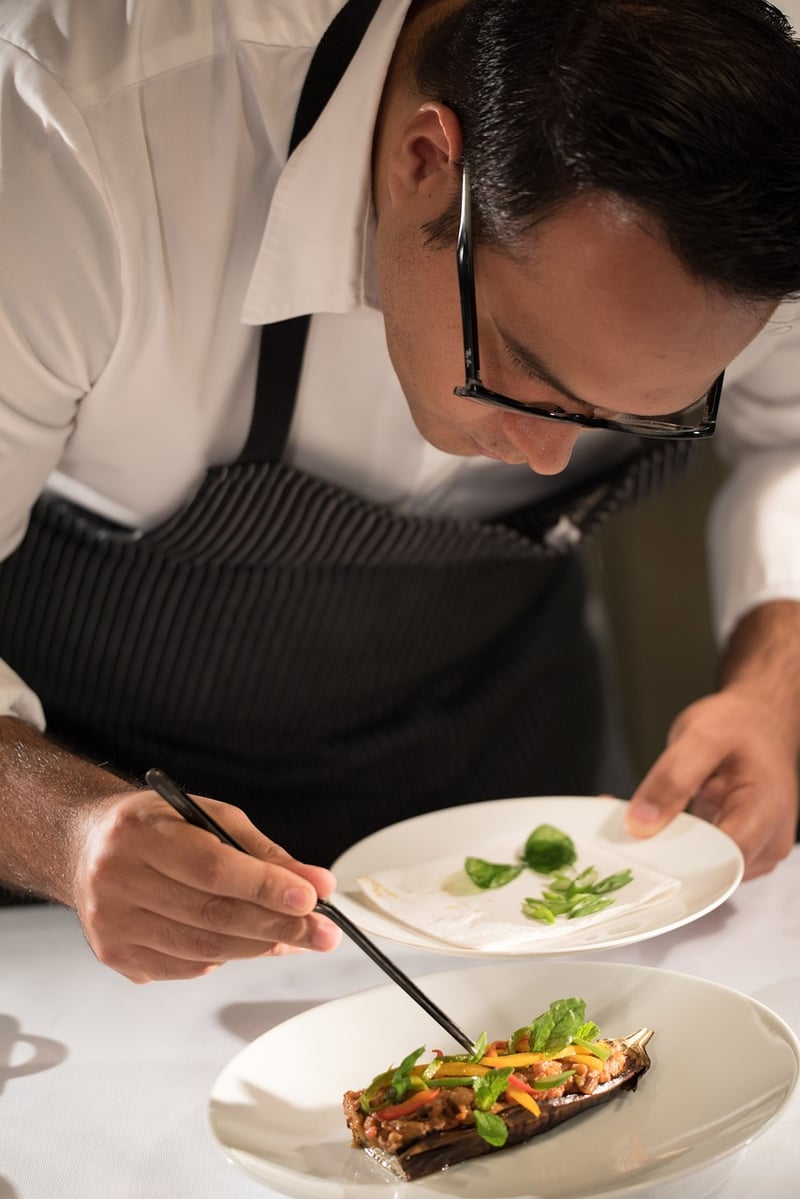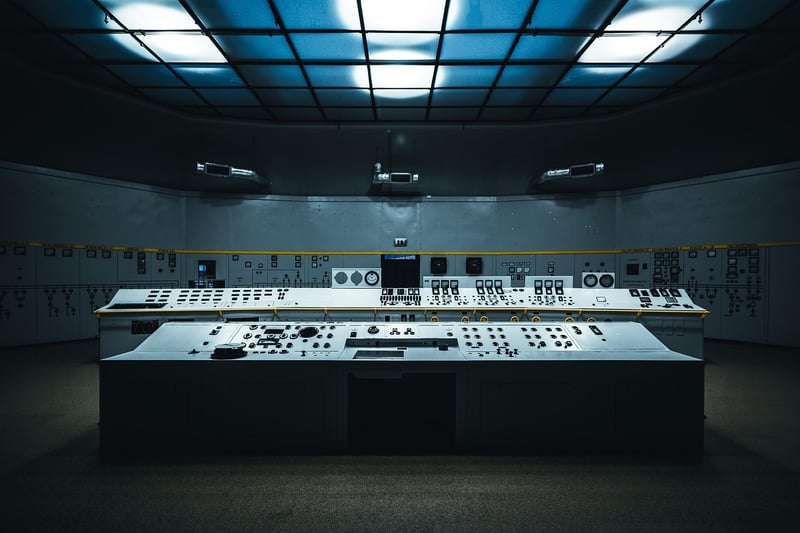Temperature Control
Enhance Your Culinary Skills with Temperature Control

Cooking is not just about following a recipe; it's also about understanding the science behind it. One crucial aspect of cooking that often gets overlooked is temperature control. Mastering temperature control can take your culinary skills to the next level and elevate the flavors and textures of your dishes.
Why is Temperature Control Important?
Temperature control plays a vital role in cooking because it affects the taste, texture, and overall quality of your food. Different ingredients and dishes require specific temperatures to achieve the desired results. Whether you're searing a steak, baking a cake, or poaching an egg, precise temperature control is key to success.
Tips for Better Temperature Control
- Invest in a good quality thermometer to accurately measure the temperature of your ingredients and cooking environment.
- Preheat your oven and pans to the correct temperature before cooking to ensure even cooking and proper browning.
- Use a water bath or double boiler for delicate recipes that require gentle and indirect heating.
- Practice the art of low and slow cooking for dishes that benefit from long, slow cooking times at low temperatures.
Benefits of Mastering Temperature Control
- Improved flavor development
- Enhanced texture and tenderness
- Consistent cooking results
- Increased cooking efficiency
- Greater confidence in the kitchen
By paying attention to temperature control in your cooking, you can unlock a world of culinary possibilities and create restaurant-quality dishes in the comfort of your own kitchen.
So, next time you're in the kitchen, remember that temperature control is not just a cooking technique; it's a gateway to culinary excellence!
